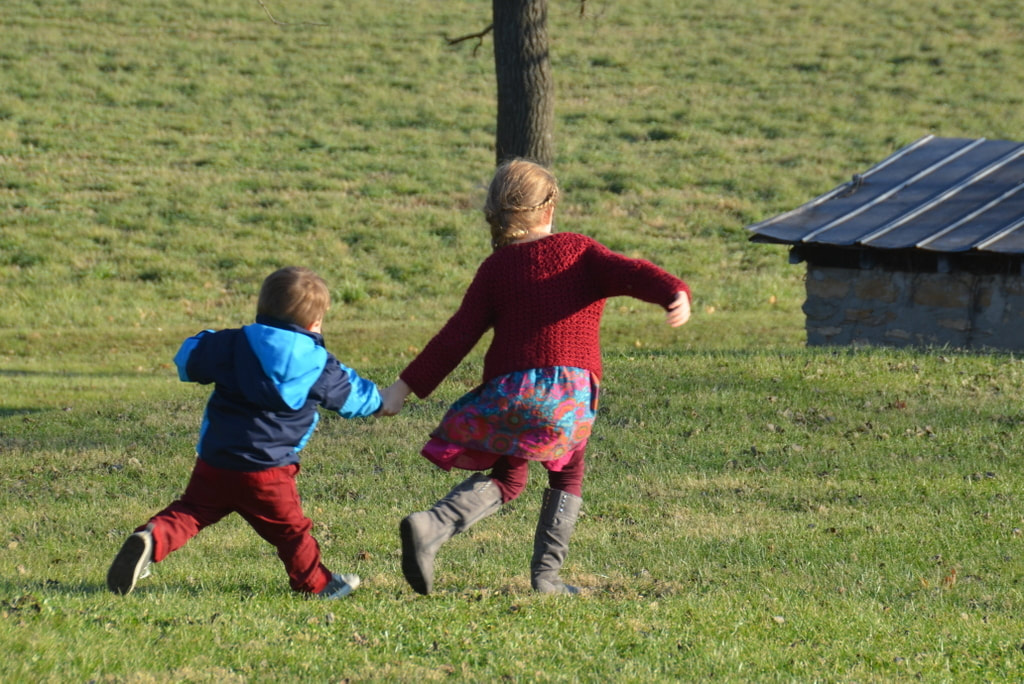
Do you ever get tired of your kids asking questions? It can be exasperating but be careful about shutting them down. Curiosity is a habit that can lead to success. Curiosity is a blessing and the magnet that brings knowledge into one’s life.
I’ve heard many a parent say, “Don’t ask so many questions” Or “Just listen to me” It’s understandable! It can be maddening when a child is not satisfied with the first answer. Sometimes, you don’t have the time or patience to go through an interrogation, but whenever possible, you should answer as best you can. Better yet, tell them it was a good question, one of the best compliments you can give to a kid!
Another wonderful result of answering and encouraging your kids’ questions is the conversation that can result. Communication with your kid can is always a good thing. The more conversation, the more curiosity is stimulated. But wait! More curiosity brings on more questions. Not what you may be looking for. Yes, but it stimulates a child’s brain and your child hears more words. So what does that mean? The more words your child hears, the faster he grows emotionally and intellectually as found in the study below.
From: “The Early Catastrophe: The 30 Million Word Gap by Age 3”
“…. children living in poverty hear fewer than a third of the words heard by children from higher-income families [and that fact] has significant implications in the long run. When extrapolated to the words heard by a child within the first four years of their life these results reveal a 30 million word difference. That is, a child from a high-income family will experience 30 million more words within the first four years of life than a child from a low-income family. This gap does nothing but grow as the years progress, ensuring slow growth for children who are economically disadvantaged and accelerated growth for those from more privileged backgrounds. Source
Not only do low income kids hear far fewer words, the words they do hear are often not encouraging, further putting them at a disadvantage.
Talking and reading to your kids provides the knowledge that sparks their curiosity. Their curiosity, in turn, buys more knowledge. For example, I was never interested in trigonometry before I took it in high school. It sounded difficult and I didn’t really know how important it really was. However, when I learned you can find the exact height of a tree or a building without using an enormous tape measure by using trigonometry, I was excited. I, therefore, became very curious about the power of math. The more knowledge you obtain the potential of finding other curiosities is expanded.
Another thing to consider is not making information gathering too easy for your older children. When I was in the sixth grade, I had an assignment to write a paper using multiple sources. I wrote an essay entitled ‘Test Pilots and Famous Planes” but found an easy way out. The entire paper was written from one book and the sources I used were from the bibliography of that book. While the book was in the school library, I took the chance that my teacher didn’t know about it. I got a good grade on the paper, using five sources too! But if I had actually read those five sources, I would have learned more about airplanes and it would have stayed with me longer.
Now we have the Internet!!! Talk about easy to find references! We all know the Internet is a boon to education - or a bust, depending on how it is used. To fill a square or to get quick info, the Internet is perfect – but your retention will be challenged and it may deter you from many a journey into potentially interesting areas. The theory ‘why remember facts when I can look them up’ denies that dates and names are just a small part of any subjest. If you know the story of the American Revolution, you can look up dates. But if you don’t know that story, the dates are meaningless!
There’s another issue regarding the Internet and curiosity, and it effects adults as much or more than children. It is the high likelihood of being sidetracked into rabbit holes of worthless knowledge, -celebrity news, games, gossip, etc. Yes, that’s curiosity too, but there is both curiosity for titillating information and curiosity for knowledge, knowledge that will improve one’s life. Observation and auditing is another area where parents must be involved! Regulate the use of the Internet to suit the needs and personalities of your children, allowing some fun but emphasizing its power in satisfying their curiosity about the world and its wonders.
Summary
Curiosity will allow your children to grow, to avoid boredom, to love learning, and to be a great candidate for success! Let your kids ask questions and answer them when you can! Help them find new interests. Encourage them to learn without taking too many shortcuts. If they have a natural curiosity, feed it. If they seem to not be curious, find something they are interested in and ask questions about the topic for which they may not know the answers. A curious kid is rarely bored and a curious kid with involved parents doesn’t go down as many rabbit holes.









